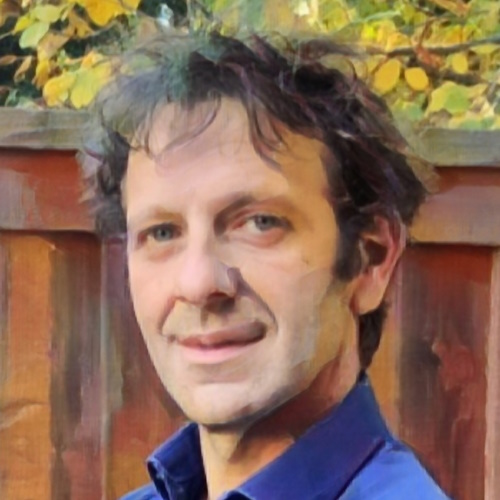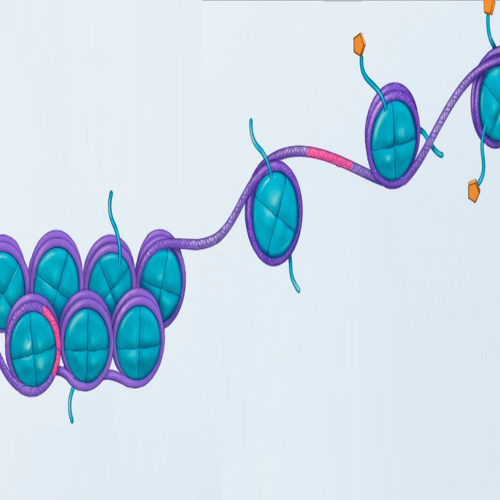Key points from article :
As people age, so do all of our cells, which accumulate damage over time.
But why our offspring don’t inherit those changes has been a mystery.
New study described that mouse and human germline cells reset their biological age in the early stages of an embryo’s development.
A rejuvenation period, after an embryo attached to the uterus, sets the growing embryo at its youngest age (ground zero).
“This period can be leveraged and hijacked somehow to promote similar processes of rejuvenation in normal cells,” - Vittorio Sebastiano, a developmental biologist at Stanford University.
Vadim Gladyshev, study co-author, used molecular clocks to predict the biological ages of mouse embryos.
Found that the age of the mouse embryos stayed constant during the first stages of cell division.
By around 6.5 to 7.5 days into development, the average biological age of embryos had dipped - a sign of rejuvenation event.
Research by Brigham and Women’s Hospital and Harvard Medical School published in Science Advances.








